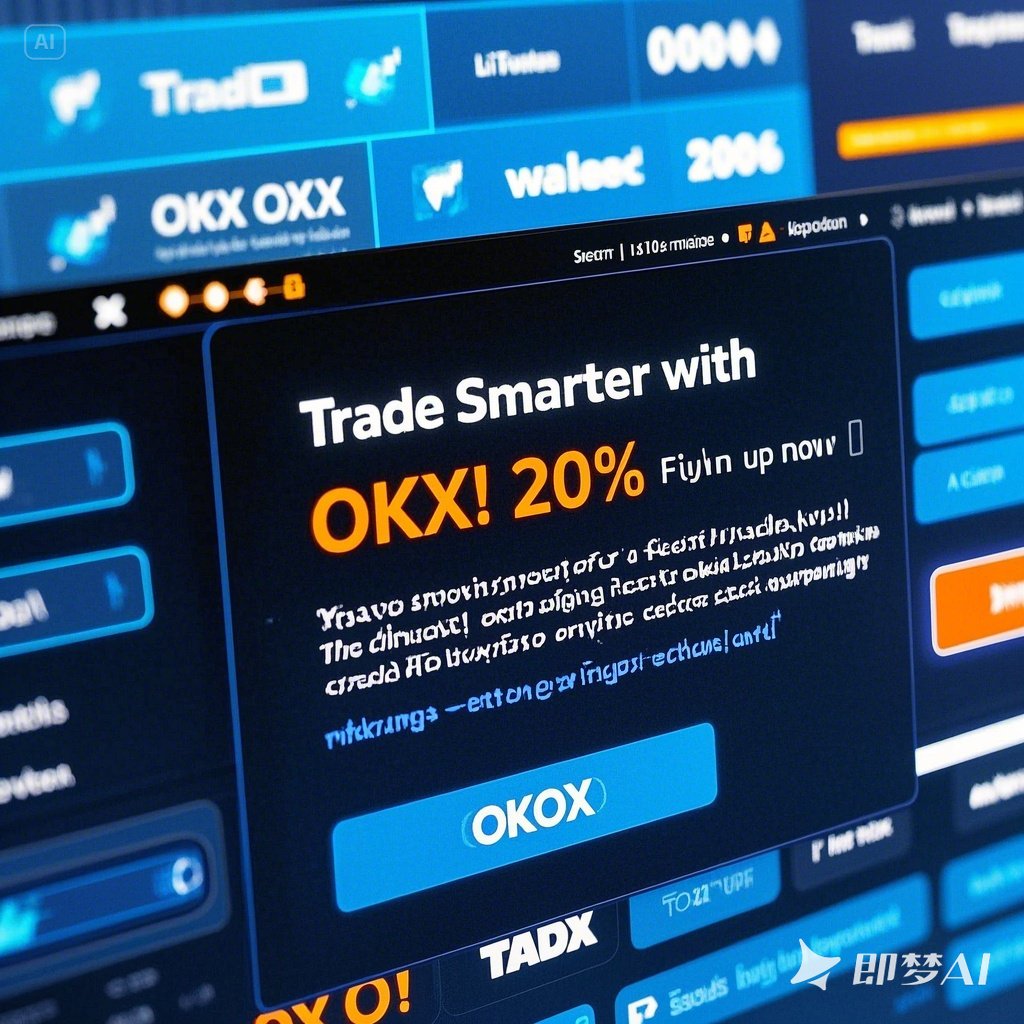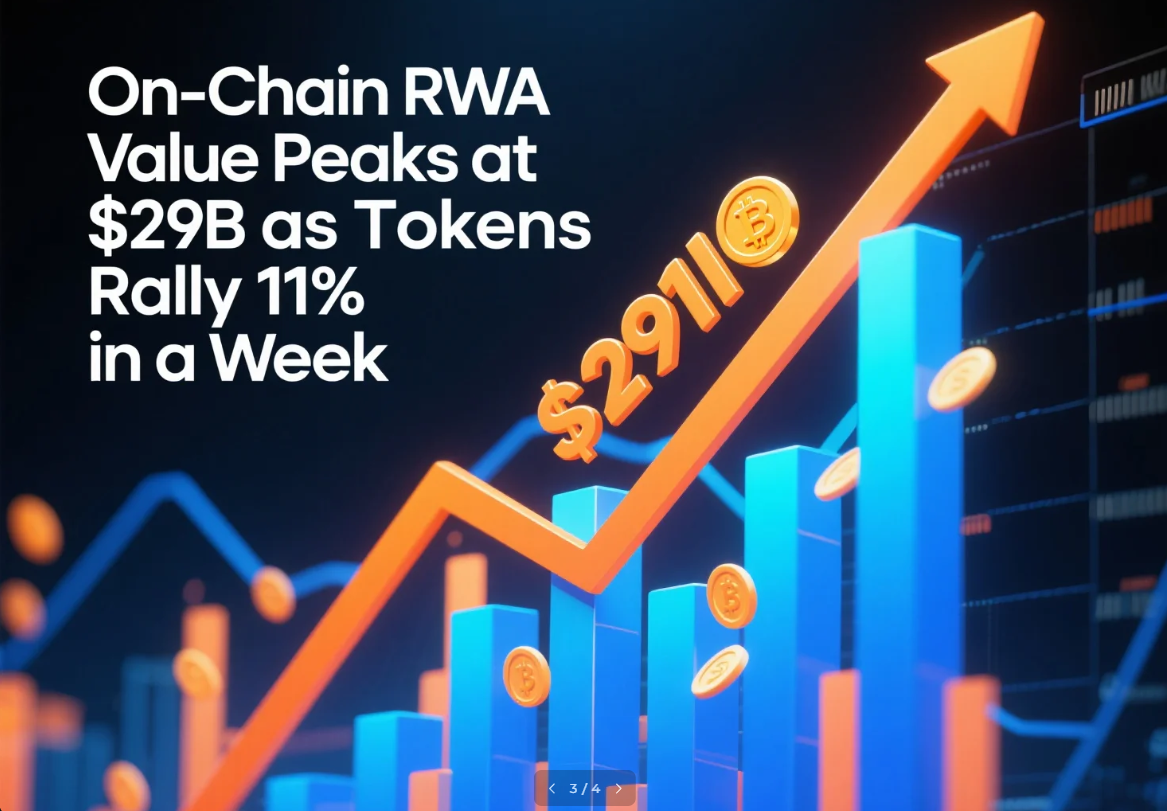Will Dogecoin Price Drop in May? Latest Machine Learning Prediction Shows Bearish Trend for DOGE
Don’t just sign up — trade smarter and save 20% with referral codes: Binance WZ9KD49N / OKX 26021839
Introduction to Dogecoin: Learn about the origins and purpose of Dogecoin.
Introduction to Dogecoin < < .section { max-width: 800px; margin: 0 auto; padding: 20px; background-color: #fff; box-shadow: 0 2px 4px rgba(0, 0, 0, 0.1); } < < h2 { color: #34495e; } p { margin-bottom: 15px; } ul { list-style-type: disc; padding-left: 20px; } .container { max-width: 800px; margin: auto; background: #fff; padding: 20px; border-radius: 8px; box-shadow: 0 2px 5px rgba(0, 0, 0, 0.1); }
Risk Management: Strategies for Navigating Volatile Assets
Investing in volatile assets like cryptocurrencies can be both exhilarating and daunting. While these digital currencies offer the potential for high returns, they also come with significant risks. Effective risk management is essential to protect your investments and ensure long-term financial stability. This section explores key strategies for managing risks when investing in cryptocurrencies.
1. Diversify Your Portfolio
Diversification is one of the most fundamental principles of risk management. Instead of putting all your funds into a single cryptocurrency, spread your investments across multiple assets. For example, you might allocate some funds to Bitcoin (BTC), Ethereum (ETH), and smaller altcoins like Cardano (ADA) or Polkadot (DOT). By diversifying, you reduce the impact of a downturn in any one asset on your overall portfolio.
2. Set Clear Investment Goals
Before entering the world of cryptocurrencies, it’s crucial to define your investment goals. Are you looking for short-term gains or long-term growth? Setting clear objectives helps you make informed decisions and avoid impulsive trades driven by market volatility. Whether your goal is capital appreciation or hedging against inflation, having a defined strategy will guide your actions throughout your investment journey.
3. Use Stop-Loss Orders
Stop-loss orders are an effective tool for limiting potential losses. A stop-loss order automatically sells a cryptocurrency if its price falls below a specified threshold. This ensures that you exit a position before losses become too severe. While stop-losses don’t guarantee profit, they provide peace of mind and help prevent emotional decision-making during turbulent markets.
4. Avoid Emotional Trading
Cryptocurrency markets are known for their rapid price swings, which can trigger strong emotions such as fear or greed. Emotional trading often leads to poor decisions, such as selling at a loss during a panic or buying at the peak of a rally. To counteract this, maintain discipline by sticking to your investment plan and avoiding impulsive actions based solely on short-term market movements.
5. Educate Yourself Continuously
The cryptocurrency landscape evolves rapidly, with new projects, regulations, and technologies emerging regularly. Staying informed about market trends, regulatory developments, and technological advancements is vital for making sound investment decisions. Consider joining online communities, attending webinars, or reading reputable publications to enhance your knowledge and stay ahead of the curve.
6. Allocate Only Risk-Tolerant Capital
One of the most important principles of risk management is only investing money you can afford to lose. Cryptocurrencies are highly speculative, and there is always the possibility of losing your entire investment. Allocate only a portion of your disposable income—often referred to as “risk-tolerant capital”—to cryptocurrency investments. This approach ensures that even if the market moves against you, your core financial obligations remain unaffected.
7. Monitor Market Conditions
Regularly monitoring market conditions allows you to stay aware of potential threats and opportunities. Pay attention to macroeconomic factors, geopolitical events, and regulatory news that could influence cryptocurrency prices. Tools like price charts, technical indicators, and sentiment analysis can provide valuable insights into market dynamics and help you anticipate changes.
Conclusion
Managing risk is critical when investing in volatile assets like cryptocurrencies. By diversifying your portfolio, setting clear goals, using stop-loss orders, avoiding emotional trading, and staying educated, you can mitigate risks and improve your chances of success. Remember, while cryptocurrencies offer exciting possibilities, they also demand careful consideration and strategic planning. Approach the market with caution, discipline, and a long-term perspective to navigate its inherent volatility effectively.
Alternative Coins (Altcoins): Compare Dogecoin with other popular altcoins such as Ethereum or Litecoin.
Alternative Coins (Altcoins): Dogecoin vs Ethereum and Litecoin
Alternative Coins (Altcoins): Dogecoin vs Ethereum and Litecoin
In the world of cryptocurrencies, Bitcoin may be the most well-known, but it’s not the only player in town. Altcoins, short for “alternative coins,” represent a diverse array of digital currencies that have emerged to challenge Bitcoin’s dominance. Among these, Dogecoin, Ethereum, and Litecoin stand out due to their unique features, community support, and market presence. Let’s explore how each coin compares in terms of purpose, technology, adoption, and community.
Dogecoin: The Friendly Shiba-Inu Coin
Launched in December 2013 as a joke inspired by the “Doge” internet meme featuring a Shiba Inu, Dogecoin quickly gained popularity for its lighthearted nature and strong community engagement. Unlike many other cryptocurrencies, Dogecoin was designed to be fun and inclusive, with a focus on philanthropy and tipping culture. Its supply is unlimited, which has led to concerns about inflation over time, but this hasn’t deterred its passionate user base.
Purpose: Dogecoin is primarily used for tipping, microtransactions, and charitable donations. Technology: It uses Scrypt as its proof-of-work algorithm, making it less resource-intensive than Bitcoin’s SHA-256. Adoption: Widely adopted in online communities like Reddit and Twitch for tipping creators. Community: Known for its vibrant and enthusiastic community, often engaging in charitable activities such as funding sports teams and building wells in developing countries.
Ethereum: The Smart Contract Powerhouse
Ethereum, launched in 2015, is more than just a cryptocurrency—it’s a decentralized platform that enables developers to build smart contracts and decentralized applications (dApps). While Dogecoin focuses on simplicity and community spirit, Ethereum aims to revolutionize industries through blockchain technology. Its native currency, Ether (ETH), serves as fuel for executing transactions and smart contracts on the network.
Purpose: Ethereum powers decentralized finance (DeFi) apps, NFTs, gaming platforms, and more. Technology: Built on a proof-of-work model until transitioning to proof-of-stake with Ethereum 2.0, Ethereum supports Turing-complete smart contracts. Adoption: Ethereum dominates the DeFi ecosystem and is home to thousands of dApps, including popular projects like Uniswap and Aave. Community: A highly technical and forward-thinking community driving innovation in blockchain development.
Litecoin: The Silver to Bitcoin’s Gold
Litecoin, created in 2011, is often referred to as the “silver to Bitcoin’s gold.” It was designed to be faster, cheaper, and more efficient than Bitcoin while maintaining compatibility with its core principles. Litecoin uses the Scrypt algorithm, similar to Dogecoin, allowing miners to use consumer-grade hardware rather than specialized ASICs.
Purpose: Litecoin is used as a payment system, with an emphasis on fast transaction speeds and low fees. Technology: Similar to Bitcoin but with shorter block times (2.5 minutes) and a different hashing algorithm. Adoption: Recognized as one of the earliest altcoins and still widely used for peer-to-peer transactions. Community: A dedicated community focused on maintaining Litecoin’s role as a reliable digital currency.
Key Comparisons
| Primary Purpose | Tipping & Philanthropy | Smart Contracts & dApps | Fast Payments |
| Algorithm | Scrypt | Ethash (PoW) → PoS (Ethereum 2.0) | Scrypt |
| Transaction Speed | ~1 minute | ~12-14 seconds | ~2.5 minutes |
| Supply | Unlimited | Floating Supply (no max cap) | 84 million LTC |
| Community Focus | Fun & Philanthropic | Innovative & Developer-Centric | Reliable & Stable |
Conclusion
Each of these altcoins offers something unique to the cryptocurrency landscape. Dogecoin thrives on community spirit and ease of use, Ethereum leads the charge in decentralized innovation, and Litecoin provides a stable alternative for everyday transactions. Whether you’re drawn to its humor, functionality, or history, understanding the differences between these coins can help you make informed decisions in your crypto journey.
News Sources and Research Tools: Identify reliable platforms for staying updated on crypto news and analysis.
News Sources and Research Tools
News Sources and Research Tools
In the dynamic world of cryptocurrency, staying informed is key to making well-reasoned decisions. Below are some reliable platforms that can help you stay updated on the latest news and analysis in the crypto space.
1. CoinDesk
CoinDesk is one of the most respected sources for blockchain and cryptocurrency news. Known for its in-depth reporting and analysis, CoinDesk covers everything from market trends to regulatory updates. Their platform offers timely articles, podcasts, and videos, making it an excellent resource for both beginners and seasoned investors.
2. CoinTelegraph
CoinTelegraph provides comprehensive coverage of blockchain technology and cryptocurrencies. With a focus on breaking news, expert opinions, and market insights, this platform is ideal for those looking to stay ahead of the curve. Their user-friendly interface and daily newsletters make it easy to digest information quickly.
3. CryptoSlate
CryptoSlate is a go-to source for in-depth research and analysis. This platform features a robust news feed, market data, and educational resources that cater to traders and enthusiasts alike. CryptoSlate also offers a community-driven forum where users can discuss trends and share insights.
4. Messari
Messari is a premium research platform that provides detailed reports on various cryptocurrencies and blockchain projects. Known for its transparency and accuracy, Messari is particularly useful for those who want to dive deep into the fundamentals of specific coins or tokens. Their subscription-based service offers advanced tools and data analytics for a more personalized experience.
5. TradingView
TradingView is not only a social network for traders but also a powerful tool for analyzing market trends. It offers real-time charts, technical indicators, and a community-driven environment where users can share their insights. While TradingView is primarily focused on trading, its resources are invaluable for anyone interested in the technical aspects of crypto markets.
6. Reddit
Reddit’s r/CryptoCurrency subreddit is a vibrant community where users discuss all things related to cryptocurrencies. From casual discussions to in-depth debates, this platform allows you to tap into the collective wisdom of thousands of enthusiasts. Be sure to filter through the noise by engaging with reputable users and verified accounts.
7. Twitter
Twitter has become a hub for real-time updates and expert opinions in the crypto space. Following key influencers, analysts, and project teams can provide instant access to breaking news and market sentiment. Some notable figures to follow include @elonmusk, @cz_binance, and @barrysilbert.
8. Cointelegraph Markets Pro
Cointelegraph Markets Pro is a paid service that offers advanced market insights, alerts, and tools designed to help traders stay ahead of the game. Its VORTECS™ Score, which compares current market conditions to historical data, is particularly useful for identifying potential opportunities before they become mainstream.
By leveraging these platforms and tools, you can build a strong foundation of knowledge and stay informed about the ever-evolving crypto landscape. Remember to cross-check information across multiple sources to ensure accuracy and reliability.














